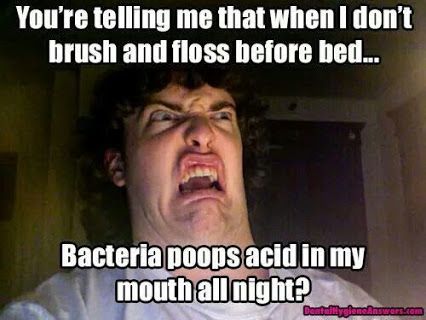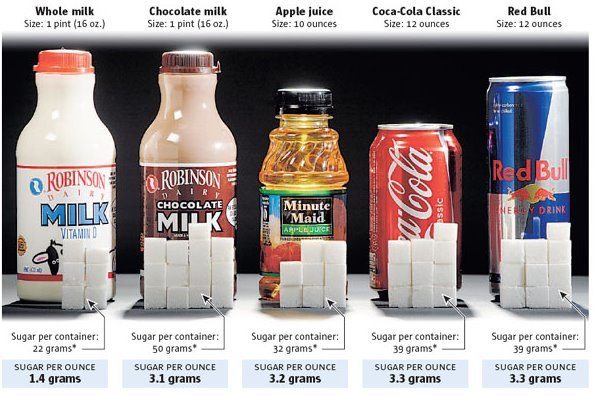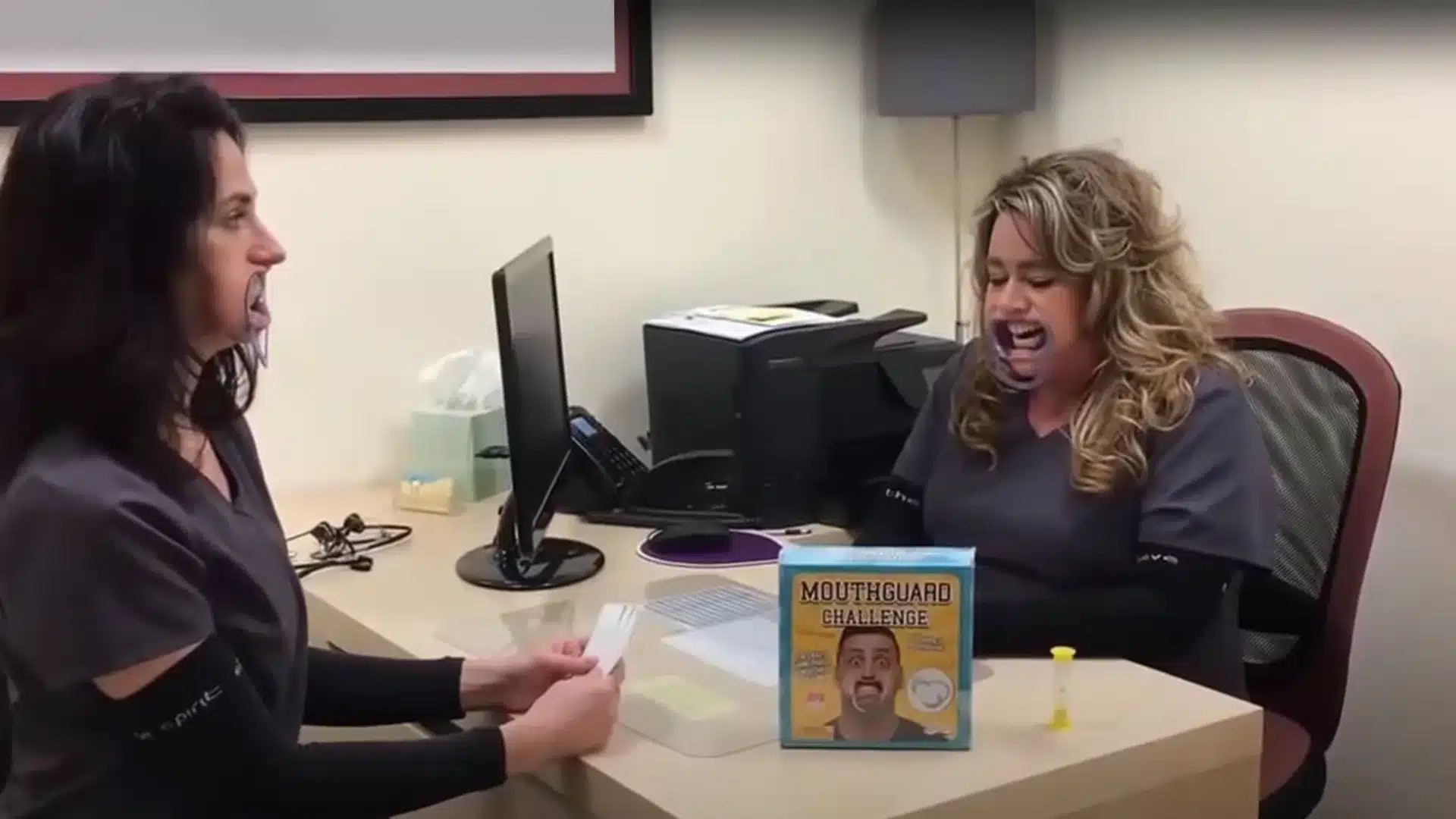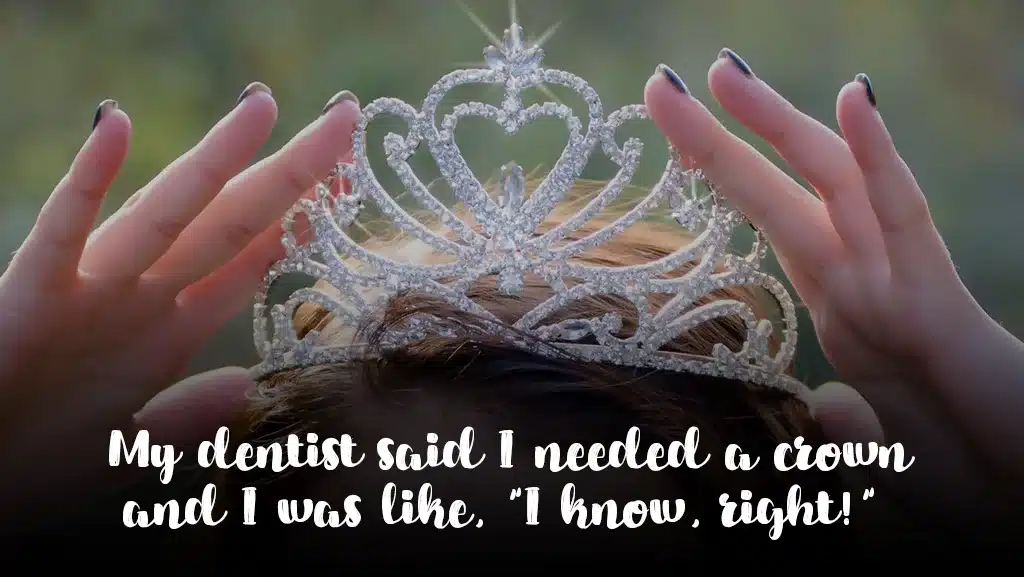Do you ever just wish there were certain things the entire population just knew and understood to be true? Like a core set of knowledge you could count on people to just know, comprehend, and use in their every day lives?
I suppose that “core set of community knowledge” already exists and that’s what society refers to as “common sense?!” And perhaps the reason I’m only just realizing that now is because I don’t really have very much of it.

Don’t get me wrong, I have a whole lot of “book smarts.” I got straight A’s in school and graduated with honors. But, when it comes down to just knowing some things that most people just assume to be basic, it’s not always all there for me.
Case in point: About 15 years ago I was wandering around the grocery store with my college roommates when one of them suddenly decided she hadn’t had doughnut holes in a really long time and made a beeline for the bakery. My other roommate and I stood there watching her gather an assortment of doughnut holes and joking around about it (probably making some sort of reference to Homer Simpson), when it suddenly dawned on me!
“Oh my gosh!” I blurt out . . . “They call them doughnut holes because they’re supposed to be the middle part that was punched out to make the doughnut!”
I was 19 years old, and to both of my roommates’ amazement, this was only just now occurring to me. Needless to say, I was then the one being made fun of.
While I could go on to give you several more examples of little stuff like that which will either come to me in an “a-ha!” moment, or examples of times when I’ve had to have some piece of basic knowledge explicitly spelled out for me because I was short-changed in the common sense department somehow, I’m not complaining. I have plenty of useful knowledge in my arsenal that I’ve come to acquire so I don’t feel like I’m missing out on any major (read important) common sense information. I am not, for example, the reason there are warnings spelled out on a blowdryer tag that reminds users not to dry their hair while they’re in the bathtub.

On the flip side, lots of us have “book learned” knowledge that we wish we could somehow donate to the worldwide basic knowledge set. As a dentist, there are certainly key facts and concepts in dentistry that I would love for everyone to just already know. And, what better way to start accomplishing that goal than to blog about it on the interwebs?!
Here are three things dentists wish you knew!
1. Cavities are not genetic; People aren’t born with “soft teeth”
If I had a nickel for every time someone told me they had “soft teeth” I could probably afford to retire at my ripe old age of 34. Alright, so maybe that’s an exaggeration, but so is the term “soft teeth.” And, like any good misconception, there’s a reason why so many people believe it. It certainly is the case that dental decay seems to “run in families,” but this is not because it is genetic. It’s actually a chronic infectious disease process caused by bacteria. That bacteria is spread from parent to child (usually mother or other female caregiver) via saliva, like when parents kiss their kids or share spoons and cups with them. If you have lots of untreated tooth decay in your mouth, the bacteria level in your saliva is higher, and you’re more likely to pass that on to baby.That bacteria won’t start causing cavities right away, however. It needs to be fed, particularly by sugar or fermentable carbohydrates (bread, pasta, crackers, etc.). This is another reason why cavities seem to run in families so much; we all tend to have the same diet.
Give those bugs some sugar and they’ll run wild with it, excreting acid as a byproduct. (Read: bacteria eats sugar and poops acid.)

Acid-based reactions!
Remember high school chemistry? If you don’t, or if you do but would rather you didn’t, that’s ok . . . it boils down to this: acid makes holes (or cavities) in things – things like your teeth. As the acid weakens your tooth, the once super strong, hard enamel gives way to the dentin layer underneath, which could certainly be described as “softer” in nature. But the tooth didn’t start off that way; it’s a consequence of the disease process and not it’s cause. Also important to note here is that disturbing the bacteria’s environment by brushing and flossing on a regular basis is a FANTASTIC way of helping disrupt their acid pooping process. Just saying.
2. Sugary beverages cause mass destruction to your teeth over time, and we don’t just mean soda
Cavities that form on the biting surfaces of your teeth (where all the grooves are) typically come from food that you’re chewing, while cavities arising between your teeth, or on the fronts and backs of them (the smooth surfaces), usually have sugary beverages to blame. When I ask patients what they’re drinking, many become instantly defensive, “I don’t drink soda.” That’s fantastic, and I’m glad that the dental profession has educated the public well enough to where everyone knows automatically that soda feeds cavities. What I also wish everyone knew was that sugar can be found in many more places, even in drinks we think are good for us, like juice and milk, for example. These beverages contain plenty of natural sugar, and, unfortunately, can be just as detrimental to your teeth.

Parents putting juice or milk in a sippy cup for kids who run around sipping from it all day will often be surprised to learn that their children have many cavities between their teeth. It’s not the sippy cup itself that causes the issue; it’s what’s being allowed to sit on the child’s teeth all day. It makes a big difference if a serving of juice or milk is had at meal time vs. spreading it out throughout the course of the day.
The natural minerals in your saliva work to neutralize the acid produced by the sugar chomping bacteria, should you give them the opportunity to do so. When the oral environment is flooded with sugar over and over again, however, the neutralizing powers of your saliva can’t be very effective since they’re being washed away. This is why we advise against sipping on a sugared coffee all day as opposed to completing your serving and then drinking water until the next mealtime. So put water in those sippy cups, as well as in those Dunkin’ mugs! And be sure to check the sugar content on the labels of any beverages you buy. Even Vitamin Water or other flavored waters can have substantial sugar content, and the label of “water” can be misleading.
3. A dental cleaning (prophylaxis) is more than just a glorified tooth brushing
I don’t think I really understood this concept until I was in college myself and actually started working in the dental field. I used to think that going in for a dental cleaning was important because you got checked for cavities by the dentist, but the cleaning part was more akin to when you go to the hairdresser and they wash your hair for you – it feels nice and is a great service, but I can just do that myself at home. Fun fact, I often cut my hair at home too, much to the chagrin of my mother and my fashionista sister.
There are, I suppose, some things best left to the professionals, particularly when it comes to cleaning teeth. As it turns out, no matter how diligent and awesome you are at keeping your teeth clean at home, those same minerals in your saliva that work to neutralize the little acid party in your mouth, will also be used to harden and solidify the plaque that accumulates on your teeth. It forms almost a cement like substance that we call “tartar” or “calculus.” The most common place for this to form is behind your lower front teeth, and when you come into the office we’ll usually take a picture of it to show you. It typically looks something like this:

(And don’t worry, dear patients of mine, these pictures are taken from stock photos on the Internet, not from my patient files, so when I jokingly told you I would not post your intraoral photographs on the Internet, I meant it.)
The level of calculus you build up depends on a variety of factors: how clean you’re able to keep the teeth, your diet, the mineral content in your saliva, etc. and we like to tailor the frequency of your hygiene visits to your individual needs.
Calculus forms in other places as well, and often forms under the gumline where you can’t see it. It’s important to have this removed from your teeth, and unfortunately once it forms, it’s next to impossible for you to remove on your own.
Enter your amazing hygienist! Mindy, Karey, and Angie do a fantastic job removing this hazardous material with the ultrasonic scaler and their hand scalers.
Calculus is essentially dead bacteria, and your body responds to this by sending extra blood vessels to the area to fight the infection. This creates a state of inflammation and your body starts releasing chemicals to break down the bacterial defenses. Those chemicals can break down your bone too, however, causing bone loss and loosening of teeth.
Additionally, a state of persistent inflammation in your mouth puts you at risk for other very serious inflammatory diseases such as cardiovascular disease, diabetes, and Alzheimer’s. So, as it turns out, those hygienists are doing far more than brushing your teeth!
I could go on forever with all the little tidbits I wish were part of everyone’s common dental IQ. Dr. Drews and I feel strongly that the more we can educate you, our patient, the better you’ll be at contributing to your own oral health.
Come see us and be sure to read more of our blog posts to get even more common dental sense. Who knows, you might even hear more stories about the lack of common sense I sometimes, on occasion, fall victim to.
Love & Lots of “Book Smarts,”





